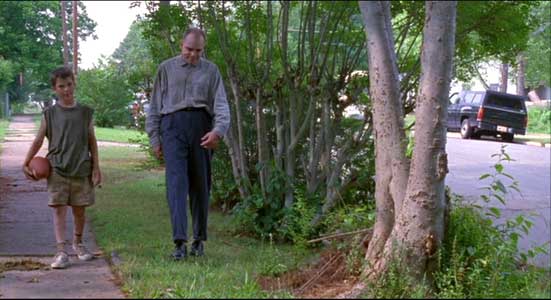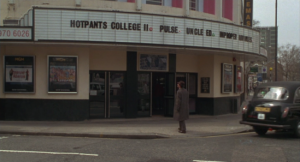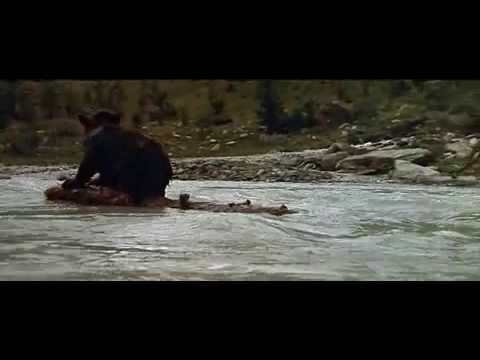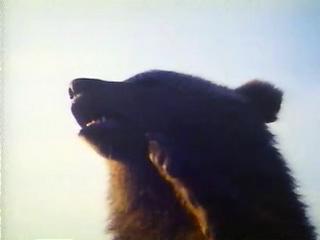From the Chicago Reader (April 25, 1997). — J.R.

Sling Blade
Rating *** A must see
Directed and written by Billy Bob Thornton
With Thornton, Dwight Yoakam, John Ritter, J.T. Walsh, Natalie Canerday, Lucas Black, James Hampton, Rick Dial, and Robert Duvall.
There is no point in rendering something realistically unless it is to make it more meaningful in an abstract sense. In this paradox lies the progress of the movies. — Andre Bazin
In one of the unfortunate casualties of film history and criticism, writer-director-performers are generally approached as performers and/or directors first and as writers second, yet it’s often the writerly impulse that gives birth to both the performance and the direction. Erich von Stroheim and Charlie Chaplin are seldom regarded as the writers of Foolish Wives and City Lights respectively, but without their scripts neither the performances nor the films themselves would exist. Orson Welles, habitually described as a director and actor, insisted throughout his career that he always started with the written word, not with free-floating ideas for “shots.”
So it was a matter of some satisfaction to me that Billy Bob Thornton wound up getting an Oscar last month not for his lead performance in Sling Blade or for its direction but for his script. Read more

A reclusive, old-fashioned, intellectual novelist and widower living in London (John Hurt) stumbles accidentally into a screening of Hotpants College II at his local multiplex and becomes hopelessly, obsessively enamored of one of its young American stars (Jason Priestley). Fan magazines and the purchase of a VCR fail to satisfy his longings, so he travels to the Long Island town where his beloved resides and plots to encounter him in the flesh. This perfectly realized, beautifully acted, sweetly hilarious 1997 first feature by English writer-director Richard Kwietniowski, adroitly adapted from Gilbert Adair’s short novel of the same name (a comic variation on Thomas Mann’s “Death in Venice”), is a witty, canny meditation on the power of pop culture in general and the rationalizations of cinephilia and film criticism in particular. What makes it perhaps even better than Adair’s clever novel, which is somewhat limited by its first-person narration, is the beautiful balance of humane sympathies Kwietniowski achieves; at no point does the foolishness or vanity of either character wipe out our sense of his dignity, and Fiona Loewi is no less touching as the movie star’s girlfriend. A “small” film only in appearance, this is as solid and confident as any first feature I’ve seen this year. Read more
From the November 10, 1989 Chicago Reader. — J.R.

THE BEAR
** (Worth seeing)
Directed by Jean-Jacques Annaud
Written by Gerard Brach
With Douce, Bart, Jack Wallace, Tcheky Karyo, and Andre Lacombe.

Much of the immediate appeal of Jean-Jacques Annaud’s new feature, apart from its impressiveness as a technical feat, is the attraction of seeing animals more than people, which also means seeing a movie that’s virtually free of dialogue. In theory, at least, there’s something relatively uncorrupted about both experiences. We spend so much time watching actors in the media — people pretending to be what they’re not — that there’s something refreshing about watching animals being animals for a change, even when they are “acting” in a fiction film. Similarly, the sparsity of dialogue — a total of 657 words shared by three actors in 93 minutes — brings us close to the purity of silent film and its strictly visual means of story telling, which produces that primal sense of unfolding narrative that most talkies miss. (Following a belt-and-suspenders principle when it comes to using dialogue and image, the average sound movie puts forth a redundancy of information and effect that leaves less freedom for the spectator’s imagination than the average silent movie.) Read more




